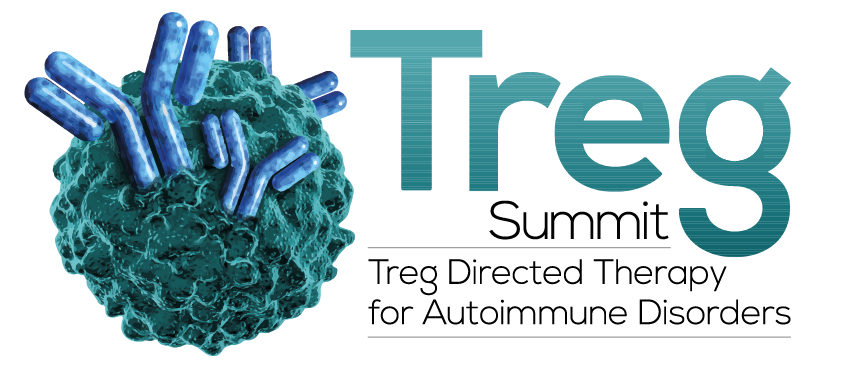- Home
- Explore the Latest Developments in T-reg Research and Clinical Application
Explore the Latest Developments in T-reg Research and Clinical Application
Published on 28 May 2019
Dr. Qizhi Tang's Presentation - New Frontiers for T reg Therapies
Randy Alfano, PhD, VP Product Development, InVitria
 Recently I had the opportunity to attend the Treg Summit in Boston to listen to the ground-breaking clinical and preclinical research in re-balancing the immune system in the context of autoimmunity and organ transplant via the use of polyclonal or antigen-induced T regulatory cells. Overall, this cell therapy holds immense promise as evidenced by both preclinical models and early clinical evaluations.
Recently I had the opportunity to attend the Treg Summit in Boston to listen to the ground-breaking clinical and preclinical research in re-balancing the immune system in the context of autoimmunity and organ transplant via the use of polyclonal or antigen-induced T regulatory cells. Overall, this cell therapy holds immense promise as evidenced by both preclinical models and early clinical evaluations.
Key Presentations Highlight Studies in T-reg Therapy
Worldwide, researchers and industry leaders are improving health outcomes for patients by utilizing the multi-functional efficacy of regulatory T cells to develop novel therapies and disease treatments. Throughout the conference, many of these studies and novel therapies were highlighted. James Mathew, Professor of Surgery with Northwestern Feinberg School of Medicine gave an update on the status of studies with T-reg therapies in the context of organ transplantation and autoimmunity as did Everett Meyer, Assistant Professor of Medicine, with Stanford University in the context of Graft-versus-Host Disease.
Anthony Conway of Sangamo Therapeutics gave an in-depth presentation regarding the HLA-A2-targeted chimeric antigen receptor (CAR) T-reg cell product TX-200 currently being developed. This product is a lentiviral-induced CAR product that is set to start safety and dose escalation studies for kidney transplant patients. The overall goal is to control HLA-A2-reactive T cells through the targeting of the CAR. Sangamo Therapeutics suggested that the targeting moiety provided by the CAR concentrated the therapeutic effect on the auto-reactive population of cells that would induce rejection of the transplanted tissues and thus offers a benefit over traditional expanded polyclonal T-reg.
Presentations Explore the Latest Developments in T-reg Research and Clinical Application
Given the therapeutic potential of T-regs for patients with autoimmune diseases, cancer, and organ transplants, both researchers and industry leaders are developing novel therapies that utilize the multi-functional efficacy of T-reg cells in disease treatments to improve health outcomes for patients. One of these researchers, Dr. Qizhi Tang, Professor and Director at the Transplantation Research Lab in the Department of Surgery at UCSF shares the latest research conducted by her lab using T-reg cells for therapy, the benefits of these therapies, and explores the technical challenge of commercializing T-reg therapies that require novel approaches in manufacturing and regulatory review.
I accompanied Dr. Qizhi Tang’s presentations at UCSF and discussed how InVitria’s products allow T-reg expansion in chemically defined media without using serum or blood-derived components and why this is critical in the overall success of T-reg therapies.
View Dr. Alfano’s Presentation >>
This not only provides improved patient safety in comparison to serum, but our custom media formulations give the leaders developing these T-reg therapies more control over their manufacturing system and supply chain, streamlining the regulatory approval process.
New Frontiers for T reg Therapies
Overall, the presentations at the 2019 Treg Summit showed promising data that sometime in the future, T-reg therapies will improve the lives of patients suffering from autoimmunity and organ transplant rejection by offering alternative therapeutic strategies to chronic and global immune suppression. Industry leaders like Dr. Tang are already using T-reg cells for therapies and exploring the technical challenges of commercializing these T-reg therapies, which InVitria hopes to solve with our chemically defined media products.